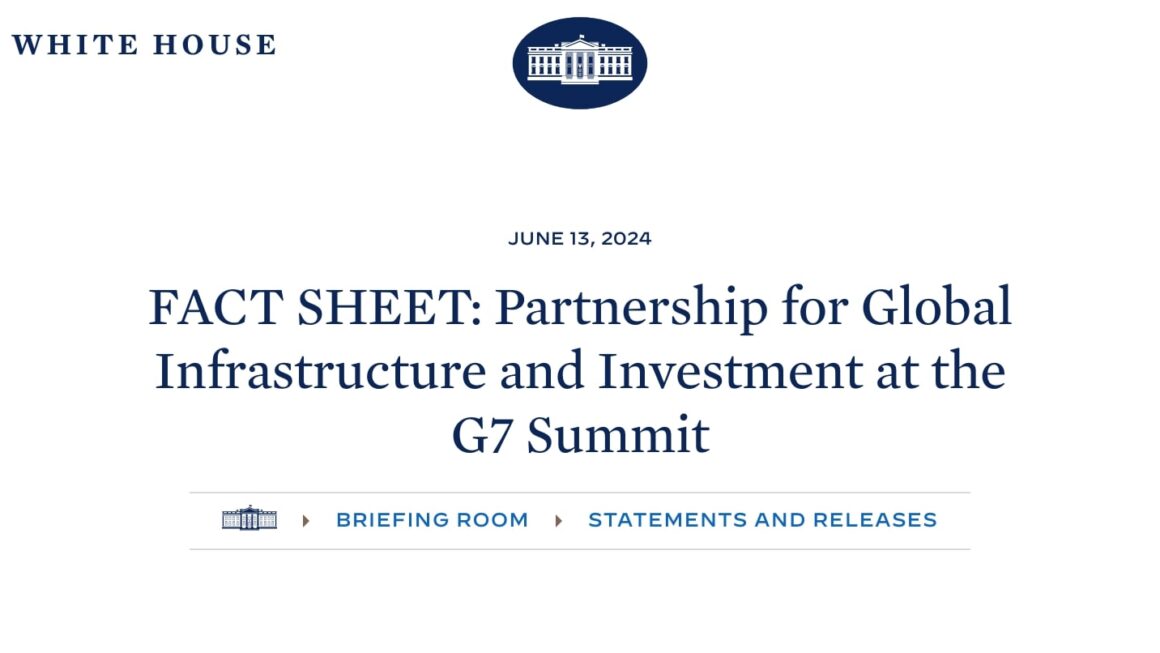The US dollar has been the world’s dominant currency for decades. Its position has been reinforced by the power and influence of the United States, its economy, and its policies. However, recent comments by Janet Yellen, the US Treasury Secretary, have raised questions about the sustainability of this status. Yellen has warned that the use of sanctions by the US could threaten the hegemony of the US dollar, potentially leading to a shift in the global financial landscape. This article explores Yellen’s comments and their implications for the future of the US dollar.
What are sanctions and how do they work?
Before we delve into Yellen’s comments, let’s first understand what sanctions are and how they work. Sanctions are measures taken by one country or group of countries against another country or entity to achieve a particular goal. These goals could be political, economic, or social in nature. Sanctions can take various forms, including trade restrictions, asset freezes, travel bans, and more. The idea behind sanctions is to put pressure on the targeted entity to change its behaviour or policies.

The role of the US dollar in global trade
The US dollar has been the dominant currency in global trade for decades. It is used as a reserve currency by many central banks, and it is the currency of choice for international transactions. This is largely due to the stability of the US economy, the strength of its financial institutions, and the global influence of the US government. As a result, the US dollar has become a key component of the global financial system.
The impact of sanctions on the US dollar
Yellen’s comments suggest that the use of sanctions by the US could threaten the hegemony of the US dollar. This is because sanctions can have unintended consequences that can weaken the US dollar’s position in the global financial system. For example, when the US imposes sanctions on a country, it may push that country to look for alternative currencies to use in international trade. This can lead to a shift away from the US dollar and towards other currencies, such as the euro or the Chinese yuan.
In addition, the use of sanctions can lead to a loss of trust in the US dollar as a reliable currency for international transactions. This could lead to a decrease in demand for US dollars, which could, in turn, weaken its position as the world’s dominant currency.
The need for alternative currencies
Yellen’s comments highlight the need for alternative currencies to emerge as viable options for international trade. This is not to say that the US dollar will lose its position as the dominant currency overnight, but rather that the global financial landscape is shifting, and other currencies are becoming more prominent.
The euro, for example, has been gaining ground in recent years as a viable alternative to the US dollar. The euro is used by many countries as a reserve currency, and it is the second most widely used currency in international transactions after the US dollar. The Chinese yuan is also gaining ground as a viable alternative to the US dollar. China has been working to promote the use of the yuan in international trade, and it has been making progress in this area.
Conclusion
Yellen’s comments raise important questions about the sustainability of the US dollar’s position as the dominant currency in the global financial system. While the US dollar is likely to remain the dominant currency for the foreseeable future, the global financial landscape is shifting, and alternative currencies are becoming more viable options for international trade. As the world becomes more interconnected, it is important to consider the implications of these changes and to prepare for a future where the US dollar may no longer be the dominant currency.
FAQs
- What is the US dollar’s position in global trade?
- The US dollar has been the dominant currency in global trade
- What are sanctions?
- Sanctions are measures taken by one country or group of countries against another country or entity to achieve a particular goal.
- How could sanctions impact the US dollar’s position in the global financial system?
- The use of sanctions could lead to a shift away from the US dollar and towards other currencies, as well as a loss of trust in the US dollar as a reliable currency for international transactions.
- What are some alternative currencies to the US dollar?
- The euro and the Chinese yuan are two viable alternative currencies to the US dollar.
- Will the US dollar lose its position as the dominant currency in the global financial system?
- While the US dollar is likely to remain the dominant currency for the foreseeable future, the global financial landscape is shifting, and alternative currencies are becoming more viable options for international trade.
In conclusion, Yellen’s comments highlight the need for alternative currencies to emerge as viable options for international trade, and for the US to consider the long-term implications of its use of sanctions. While the US dollar is likely to remain the dominant currency for the foreseeable future, it is important to prepare for a future where the global financial landscape may shift towards other currencies














